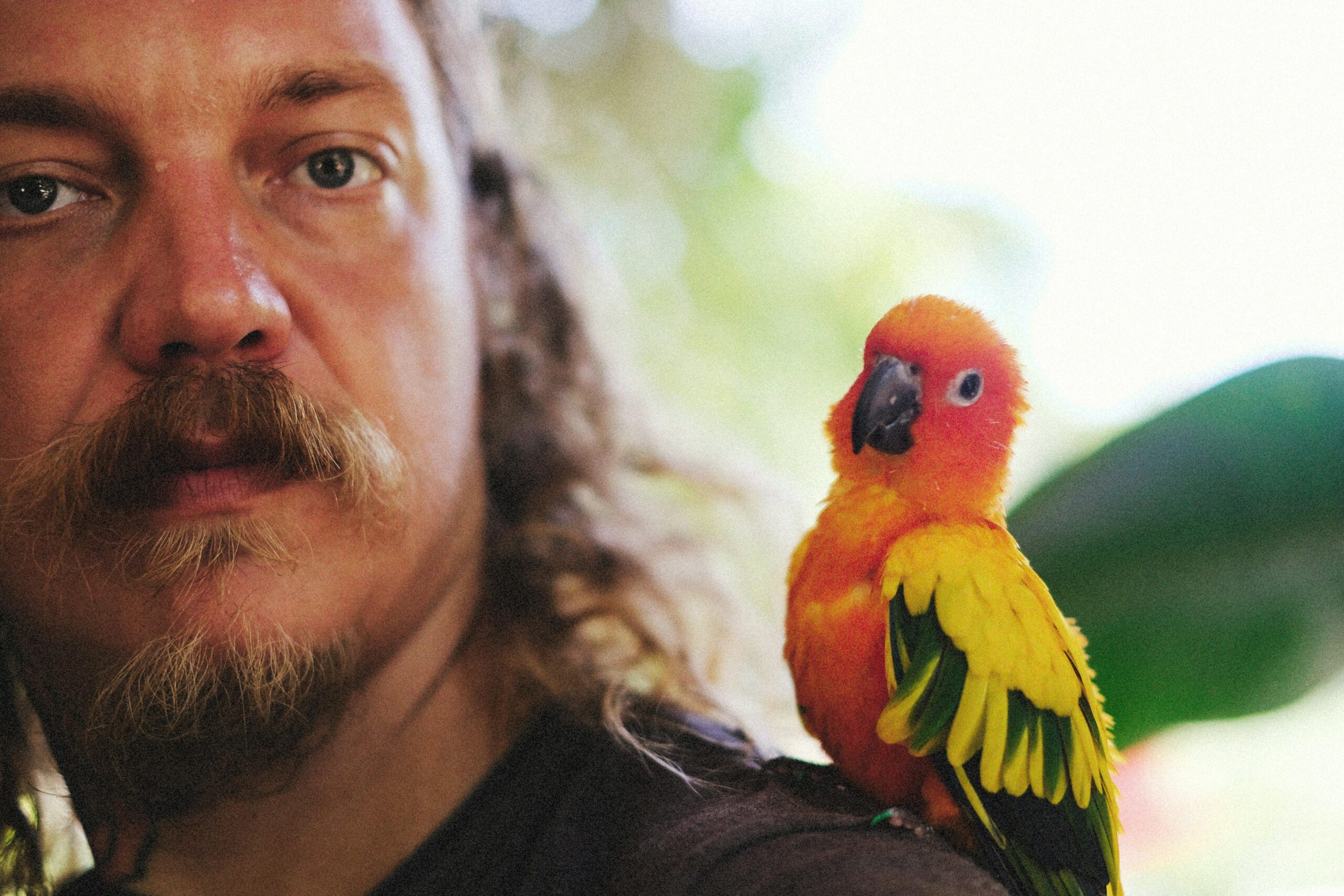Navigating the search for a veterinarian who has expertise in exotic pets can be a tough job, especially for someone fresh to the realm of exotic pet ownership. A variety of veterinarians doesn’t typically treat pets like dogs and cats, but ones with special medical needs require specialized knowledge. In this guide, we will explore how to locate an exotic pet veterinarian, the characteristics that mark a great exotic pet veterinarian, and some pointers for building a solid veterinarian-client relationship.
The terminology ‘exotic pets’ covers a broad range of animals that include reptiles, small mammals (notably rabbits and ferrets), birds, amphibians, and a number of odd pets like hedgehogs and sugar gliders. Every animal has its own health care needs, anatomy, and frequent conditions that are remarkably different from those seen in traditional family pets. Identifying an able veterinarian for your exotic pet’s health and wellness is crucial because it’s an essential consequence.
Instructions to Locate an Exotic Pet Veterinarian
1. Find out about Local Veterinary Clinics through research.
Your first step should be to investigate veterinary clinics found in your vicinity. A lot of clinics may say that they provide care for a range of pets, but not every one of them employs veterinarians who have a specialization in exotic animal care.
Online Search:
Use internet search engines together with social media sites to look for veterinary clinics in your vicinity. Kick off your research with expressions that include ‘exotic animal vet,’ ‘avian vet,’ ‘reptile vet,’ or ‘small animal vet.’
Veterinary Websites:
The American Animal Hospital Association (AAHA) in conjunction with the Association of Avian Veterinarians (AAV) provide you with resources for locating veterinary clinics that serve exotic animals.
2. Inquire into both Veterinary Specializations and Qualifications.
Be sure to check the qualifications of any veterinary clinics that are on your list. Look for veterinarians who have specific training or certification in exotic pet care:
Board Certification:
A number of veterinarians may be certified by the board in specialties including avian practice and reptile and amphibian medicine. Check in with the American Board of Veterinary Practitioners (ABVP) to obtain a list of specialists.
Continuing Education:
Those veterinarians typically involved in workshops, seminars, or conferences focused on exotic pet medicine are better equipped to maintain knowledge of current treatment techniques and best practices.
3. Seek Recommendations
Word-of-mouth recommendations can be incredibly valuable when searching for a specialized vet:
Pet Owners:
Reaching out to other exotic pet owners around you or on the internet is a smart idea for getting advices. Websites and social media platforms concentrating on assorted exotic animals typically have members that have stories to share.
Local Pet Stores and Rescues:
Staff members at local pet stores that offer exotic animals or operate as rescues usually know which veterinarians are competent with particular types of pets.
Professional Organizations:
Get in touch with professional organizations including the AAV or the Association of Reptile and Amphibian Veterinarians (ARAV). You might find lists available that feature member veterinarians who specialize specifically in exotic animal medicine.
4. Schedule a Consultation
Before committing to a specific veterinarian, consider scheduling a consultation to meet them and assess their facility:
Facility Tour:
Throughout your visit at the clinic, kindly pay attention to its cleanliness, the kit of equipment it keeps available, and the general vibe. A clinic kept in good repair is commonly a strong sign of quality healthcare.
Ask Questions:
This chance offers you the opportunity to inquire of the veterinarian about their involvement with your specific exotic pet. Explore common health problems, the protocols for treatment, and their methodology for preventive care.
Observe Interaction: Pay close attention to how their veterinarian interacts with both their staff and other animals. A quality vet will deliver messages with clarity and show both patience and empathy.
5. Evaluate Compatibility
Once you have met with a potential veterinarian, consider whether you feel comfortable and confident in their abilities to care for your exotic pet:
Communication Style:
A successful veterinarian should take the effort to illustrate medical conditions and available treatments in a way you can comprehend. Good communication is central to your awareness about the health of your pet.
Approachability:
It’s vital for you to feel relaxed in talking about your pet’s health and any concerns you might have. A veterinarian who listens well and is receptive to dialogues will enhance a healthful relationship.
Emergency Care:
Bring up with the clinic its protocols in unexpected situations, especially related to care provided outside business hours. Having the knowledge of where to get urgent care for your pet is important.
Highlights of an Excellent Veterinarian for Exotic Pets
When searching for a veterinarian who specializes in exotic pets, keep an eye out for the following characteristics:
Knowledge and Experience:
An experienced veterinarian for exotic pets should completely grasp the specific anatomy, physiology, and regular health issues related to a range of exotic pets. The insight they have about several species will promote accurate diagnoses and substantive treatments.
Compassion and Empathy:
The work of veterinarians includes compassion in their animal care. Understanding how an owner and their pet feel allows a veterinarian to build a climate of trust and promote discussions about health.
Commitment to Continuing Education:
The area of exotic pets is undergoing significant change within veterinary medicine. Exotic pet care means a vet committed to continuing education and keeping pace with new developments is probably going to offer high-quality care.
Preventive Care Focus:
An exotic pet veterinarian needs to stress the need for preventive care that includes both routine exams and vaccinations as well as proper dietary guidelines in order to be effective. In addition, they ought to educate you about signs of illness and ways to keep your pet healthy.
Strong Referral Network: An experienced vet of exotic pets should have connections to emergency clinics together with specialized veterinarians for the time when advanced care is necessary.
Establishing a Sturdy Relationship Between Veterinarians and Their Clients
Once you have found a veterinarian who specializes in exotic pets, it’s essential to establish a strong relationship to ensure the best care for your pet:
1. Regular Check-ups
It’s important to manage routine health assessments for your pet to oversee their health and identify any possible ailments early. Going for regular visits helps a veterinarian to create a bond with your pet, making future exams considerably less stressful.
.




